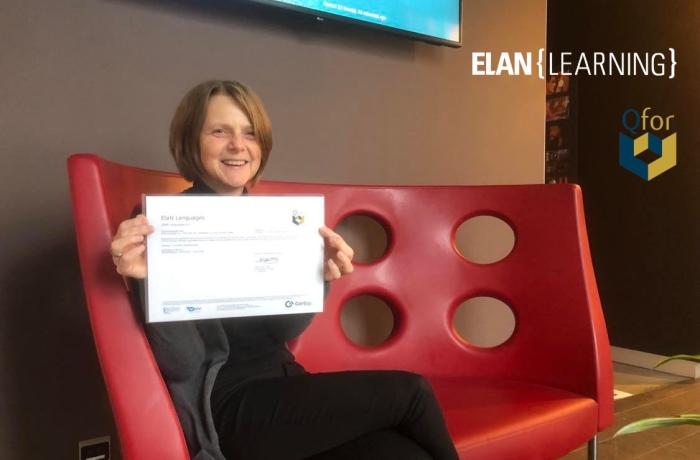Practising languages: what works the best?

Define your goals
Do you want to be able to have a business conversation over the phone in French, or be able to defend your position in a meeting with your English-speaking colleagues? Not everybody wants to learn the same language, and not everybody wants to do the same things with that language. “That’s why you need to very accurately define your goals,” says Ingrid Vandormael. “You’ll do this together with an experienced language coach, one who has a didactic background and knows all the ins and outs of the language. He or she will provide you with the building blocks you need to achieve your goals. These could be things like vocabulary for a specific theme or grammar rules that you still don’t quite have the hang of, and more.”
Learn from specific, real-life situations
A language course offers you a well-defined structure. “But you must also be able - and not afraid - to use the language outside of this context,” Ingrid emphasises. “That is why we always practise based on specific situations, ones that you can try out in the workplace after class is done. Calling a German client to discuss pricing: no problem. Then we’ll discuss what went well and what didn’t go so well in the next lesson. Of course, you have to have a foundation for this. We use an e-learning platform, ScribblPro, to reinforce this foundation. This will give you immediate feedback on your answers. This way, you can practise whenever it suits you, and at your own pace.”
Make the best of every opportunity to speak the language
Practising languages also means taking every opportunity you get to speak it and get a feel for it. “We encourage our trainees to use the language outside the classroom as well. This could be by having a conversation at work with a colleague who speaks another language,” says Ingrid. “Our trainees will also always receive three follow-up emails after their language training programme, which are full of enriching audio, visual and reading exercises. It helps them to keep a grip on their new language.”
The follow-up emails are part of our new ‘Return On Expectations’ (ROE) learning concept. This is your guarantee for a maximum return on your language training programme.
More information?
Would you like to experience just how good the returns from an ElaN Learning language training programme are? Then please don’t hesitate to ask Ingrid Vandormael for more information!
E-mail: ingridvandormael@elanlearning.com
Tel.: 011 79 05 11
More blog posts


